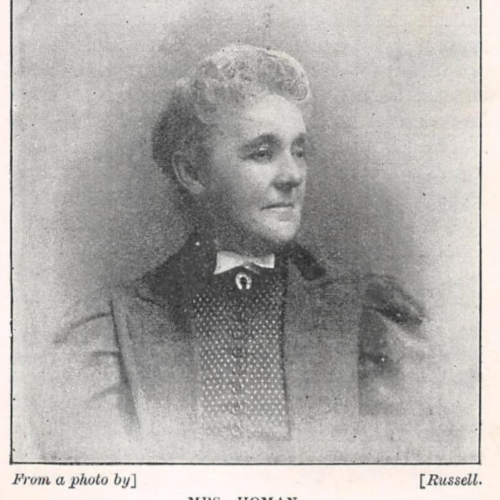

Ruth Homan was an educationist, women’s welfare campaigner, and one of the founding members of the West London Ethical Society in 1892. The daughter of Sir Sydney Waterlow, T.H. Huxley numbered among her father’s friends, and she was raised in a politically active household. From her first entry into public work in 1891, Homan gained a reputation as a devoted and extremely hard working member of the London School Board. A colleague of hers on the Board, and in other areas of progressive politics, was Hilda Miall-Smith, a similarly active (and early) member of the ethical societies.
Ruth Homan was born Ruth Waterlow on 8 August 1850 in Hoxton, London. Her father, Sydney Waterlow, was a stationer and MP. She married Francis Wilkes Homan in 1873, with whom she had one daughter, before being widowed in 1880. Over the following years, she travelled widely with her father and siblings, including three times round the world.
Homan worked hard to educate herself for public work and candidature for the London School Board. From 1887, she became a school manager in Chelsea, attended classes at the South Kensington School of Cookery, served as a probationer at St. Bartholomew’s Hospital, and worked for the Children’s Country Holidays Fund, a charity serving some of London’s poorest children. Following her campaign for the Board’s Tower Hamlets division, Homan led the polls, and held the seat until the abolishment of the London School Board in 1903.
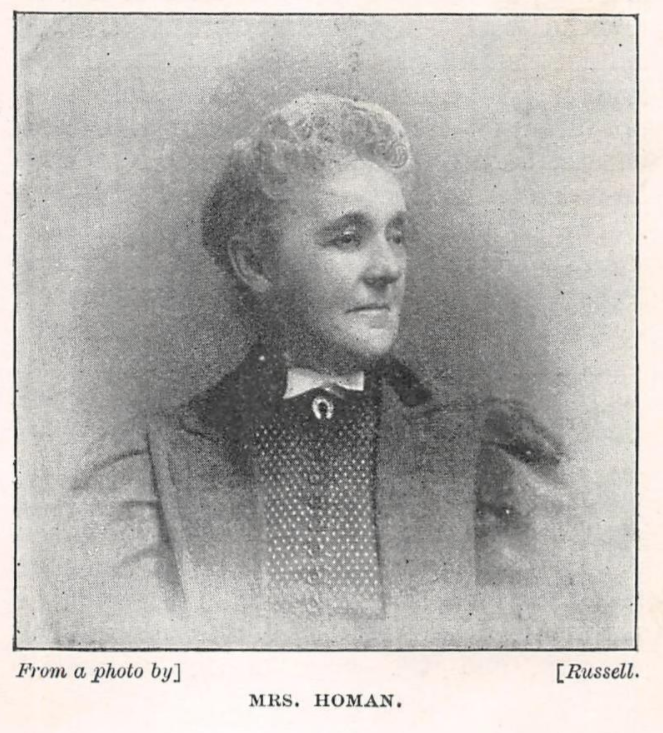
Homan supported Liberal politics, progressive policies, special educational support, evening continuation classes, and the kindergarten system. She visited schools around, and outside, of the country, as well as engaging in charity work in London’s East End. She was a committee member for the London School Dinners Association, which provided free meals to East End school children throughout Winter, and ran a ‘boot and clothing help society’. Homan was a vice-president of the Pupil Teachers Association, President of the Cornish Union of Women’s Liberal Associations, President of the Hammersmith Women’s Liberal Association, and an officer of the Poplar Women’s Liberal Association. She was also a member of the Women’s Local Government Society, for whom she authored an open letter in 1908: ‘Women as Candidates for Local Elections’. For 11 years from 1910, Homan was a poor law guardian for Ewell, Surrey.
Towards the end of her life, Homan lived in Cornwall, where she was president of the Tintagel Nursing Association and her local branch of the Women’s Institute. She died there on 6 November 1938 aged 88, and was cremated at Plymouth Crematorium.
As a founder of the West London Ethical Society, Ruth Homan played a central role in forming one of the major forerunners of Humanists UK. As part of the early organised humanist movement, she not only helped to establish a platform for focusing on practical good, she exemplified its aims through a life of charitable work and reformist efforts.
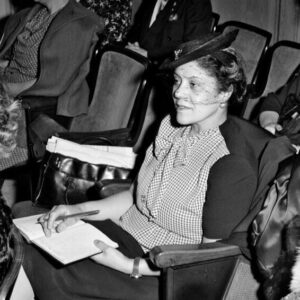
I am willing and eager to surrender as much of my personal sovereignty as is necessary, in order to secure […]
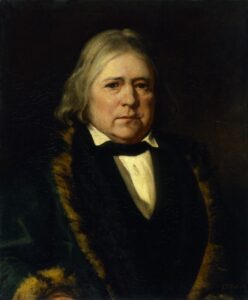
William Johnson Fox was an orator, writer, politician, and first minister of South Place Chapel (now Conway Hall) from 1824 […]
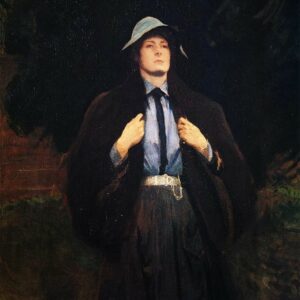
I for one don’t believe in looking regretfully back into the past or forward with illusive hopes into the future, […]
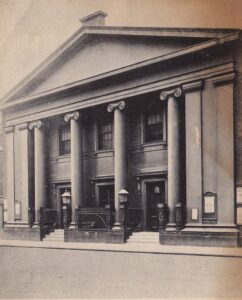
Under its successive names, adopted or given… is traceable a constant endeavour to study carefully, and keep abreast of, the […]